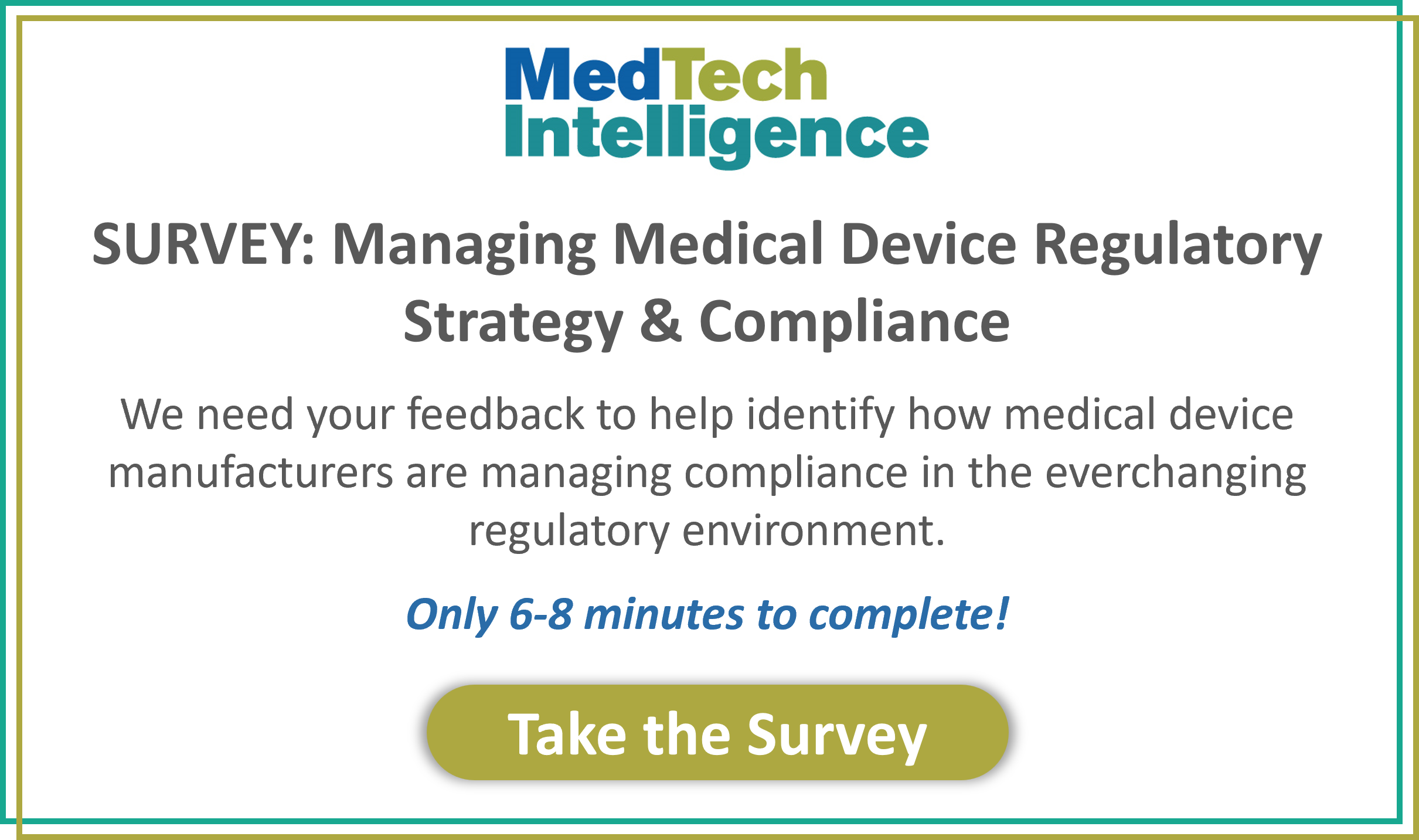I’ve long been a passionate advocate for human-centered design, user experience and consumer empowerment. And, I’m a firm believer in the power of digital health to transform our healthcare system by using technology that can personalize the experience, meet people where they are, and give them the tools they need to connect to and control their health journey.
Our healthcare system is overburdened, and our healthcare workers are overwhelmed. We all need to play a role to drive the innovative changes necessary and not wait for someone else to do it.
Snake Oil of the 21st Century?
A few years back, a prominent doctor called digital health the “snake oil of the 21st century”. He was wrong. Digital health had gotten a bad rap—some solutions were not built with clinical evidence, but many were. There were a plethora of ideas and solutions and it was hard to cut through to identify the best. But, snake oil? No. With any vendor, it is important to discern between the real, the rigorous, and the snake oil. The real-deal digital health companies are solving our biggest healthcare challenges and have two key elements: They are all clinically rigorous and they know that having the best product, service or solution isn’t enough… you have to engage people. The only way these solutions work are through focusing on the user experience.
Before the digital revolution that gave us high-quality, small form factors with data insights and security, medical devices for consumers were very basic. The information these early devices provided rudimentary information. A user would find out if something wasn’t quite right (i.e., they had a fever) or they were “just fine.”
Today your phone, wearables and other consumer-facing devices are rich with data and personalized insights not previously available. These devices are enabling people to take more ownership of their health—to make better everyday decisions about healthy behaviors, to determine their own pace, and to learn and understand their own personal triggers and habits.
Smart Devices for Smart People
Digital technology has been the great democratizer. People make their own travel reservations, they can trade stocks, they can broadcast videos. What was once only accessible through large institutions, is now in the hands of consumers. The same is true in healthcare. Devices and data that were previously only accessible to hospitals, doctors or nurses have been transformed through digital technology and are now consumer grade and accessible to broad populations. New technologies have enabled a myriad of sensors and monitors for consumers—personal EKG monitors, blood glucose monitors built into a watch, and pulse oximeters, to name a few. These devices empower consumers with information and insights on a real-time basis that they never had access to before.
In our case, we created a personal, FDA-cleared, simple-to-use device that measures carbon monoxide (CO) in exhaled breath, a toxin that rapidly rises with cigarette consumption and then falls with abstinence. This SmartSensor can be used with or without a smartphone and is a key component of our comprehensive evidence-based digital tobacco cessation solution. Until now, people who smoke had no easy way to get immediate feedback on how even small changes in their smoking behavior can deliver big results. Imagine trying to lose weight without a scale? We have expected people to break an incredibly difficult behavioral and physical addiction without feedback—until now. Our program, Pivot, also includes nicotine replacement products, coaching from certified tobacco cessation specialists via secure in-app texting, learning modules and a moderated online community.
I’m a huge proponent for digital health—not just for the breakthrough in customer experience, but also for the step-change it means in the healthcare system. The best digital solutions are built on clinical research and publish their clinical outcomes. These solutions provide new data and insights to caregivers, enhancing their ability to deliver personalized care. Medical devices like our SmartSensor and our digital program, Pivot, don’t replace care, they extend its reach. We’re at a unique point in the healthcare industry—digital health devices and solutions are breaking down the barriers, creating more access, and delivering greater insight. They are bringing patients more actively into the management of their own health. Medical professionals now have an ally in patient health—the patient. Digital health isn’t snake oil, it’s here to stay, and it is revolutionizing our healthcare system.







